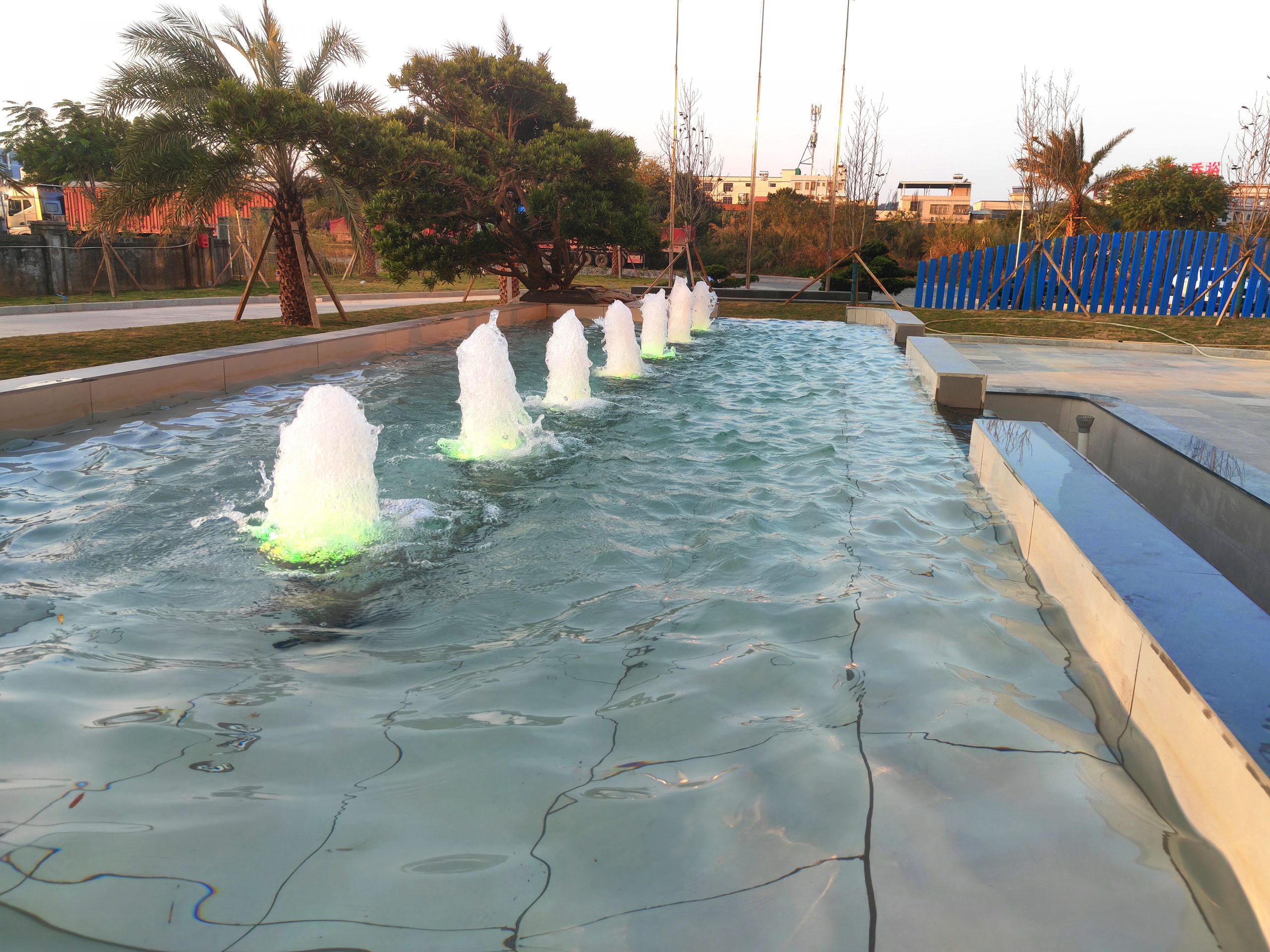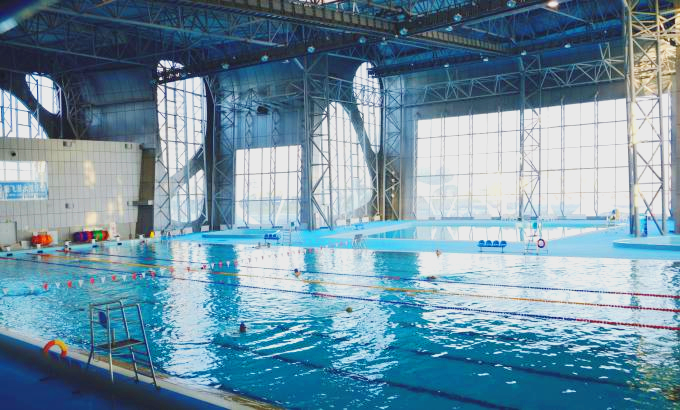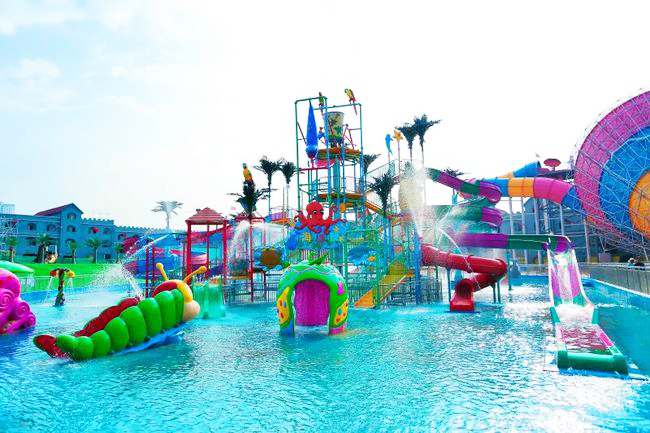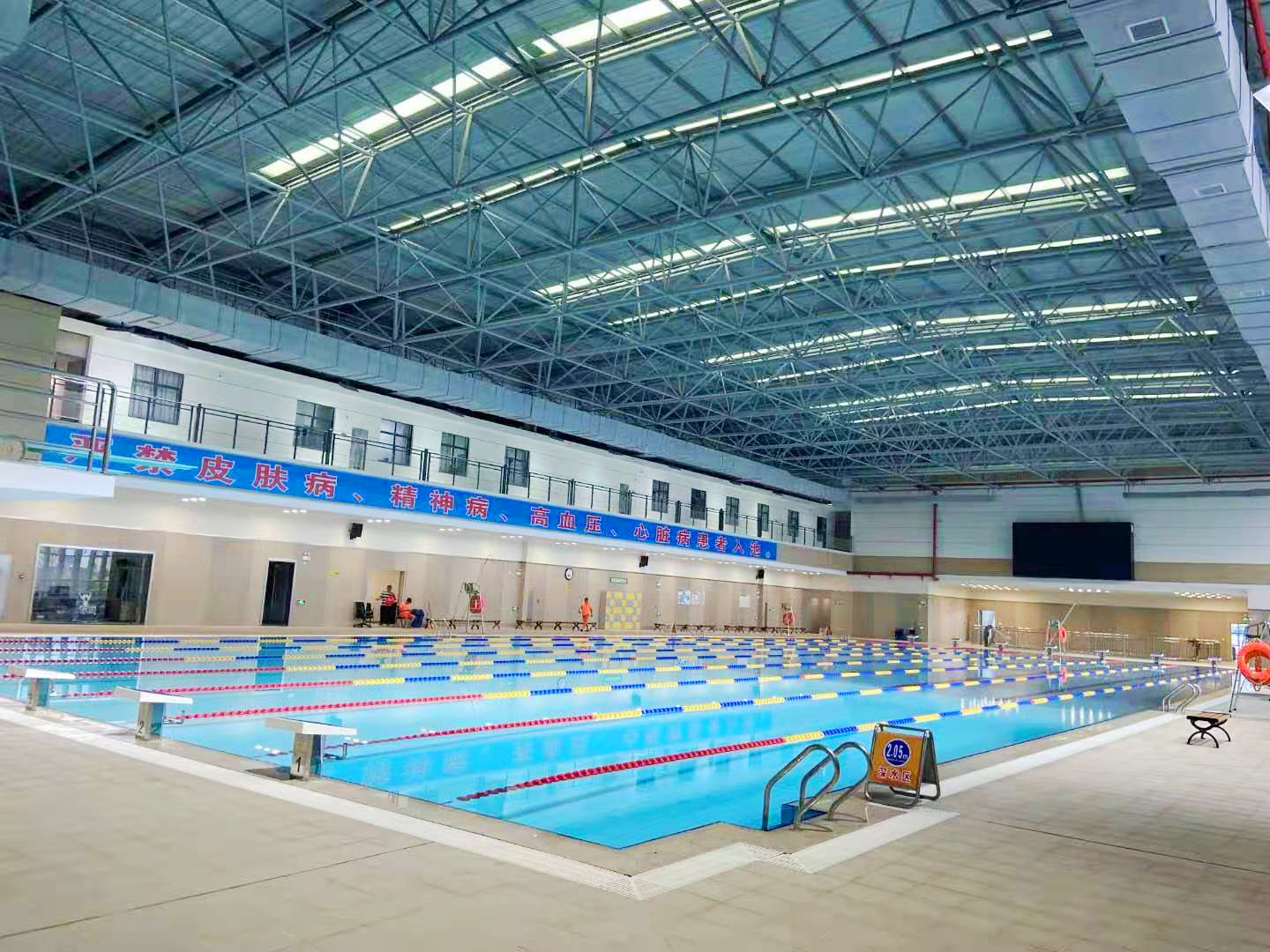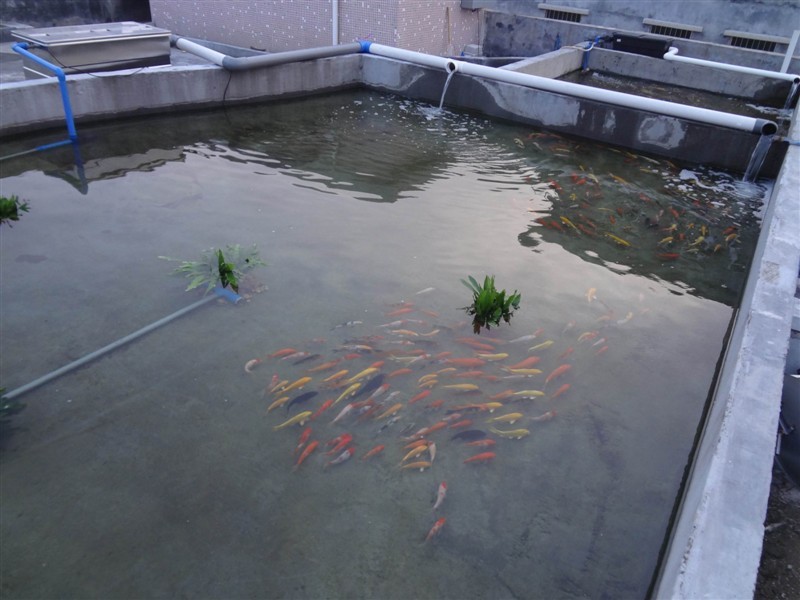common problems
contact details
 Ollies (Guangzhou) Recreation and Sports Equipment Co.
Ollies (Guangzhou) Recreation and Sports Equipment Co.Tel: (020) 82686289
Fax: 020-82694853
Headquarter: No.31-37, Xincun 2 Road, Shangjiang North Street, Dongzhou Village, Xintang Town, Zengcheng City, Guangzhou, Guangdong, China
Koi float for a variety of reasons
If everyone's koi suddenly starts floating one day……Just imagining it makes you shiver. Floating head is the behavior of koi swimming to the surface of the water with their mouths open and closed due to breathing difficulties, but koi float for a variety of reasons.
I. Lack of oxygen and deterioration of water quality
The first reason for floating head is that the concentration of dissolved oxygen in the water decreases. As I said before, when the water temperature rises suddenly in the spring, the dissolved oxygen will decrease, because the concentration of dissolved oxygen is related to the water temperature, the higher the water temperature, the lower the oxygen content in the water. In addition, dissolved oxygen is also closely related to the pollution of the water, this is because the water purification filter bacteria need to inhale oxygen to survive. In other words, when the water suddenly becomes turbid for some reason (overfeeding, acid rain, sudden death of algae, etc.), the filter bacteria need to consume nutrients in the water to reproduce, and at the same time, they also need to consume oxygen, which results in a decrease in dissolved oxygen. Floating heads caused by a decrease in dissolved oxygen like this are generally common in pools. At this time of the year, the fish are certainly not sick, and the gills are a nice bright red color.
Then there is the chronic low concentration of dissolved oxygen, such as overcrowded feeding, filtration device failure, the concentration of nitrite in the water will rise. Generally, fish excreta will turn into nitrite and then into nitrate due to bacterial filtration, and this reaction process requires the consumption of oxygen, and the reduction of chronic dissolved oxygen concentration affects this reaction. That is to say, the midway nitrite concentration rose, this nitrite is harmful to fish, to human analogy, incomplete combustion will lead to carbon monoxide poisoning, fish will also be the same nitrite poisoning. If nitrite enters the fish's bloodstream, the color of the gills will become chocolate brown, and of course the head will float. This can be treated by replacing the water with new water, and the pool and filter tank should be cleaned. It's the same thing as when a person has to change the air in case of gas poisoning.
The above are fish floating heads caused by deteriorating water quality.
Second, floating head caused by gill disease
The second reason for floating heads is gill disease, this is when only sick fish float, so it is not the same as floating heads caused by lack of oxygen. This is when the gills are observed to see if there are any attachments or defects. If it is indeed a gill disease, the entire gill will be covered with mucus and very thick. This is secreted by the gills for self defense against parasites. The gills are usually chocolate colored at this point.
If the cause of the floating head is a gill disease, be sure to cure the gill disease before it worsens further.
Third, anemia can also lead to floating head
By anemia, I mean that the number of red blood cells passing through the blood vessels is reduced. One of the roles of the red blood cells is to deliver oxygen taken in by the gills to the cells and carbon dioxide expelled by the cells to the gills. In other words, the red blood cells act like trucks carrying oxygen and carbon dioxide. Anemia, on the other hand, is due to a decrease in the number of trucks like these, so of course, the head floats from lack of oxygen.
1Anemia can lead to kidney damage
So why are fish anemic? This is caused by problems with the blood-producing internal organs. For fish, the blood-producing internal organs are the kidneys and the spleen, and of these organs, the kidneys are again particularly susceptible to damage. The kidneys in fish, like in humans, are where urine is produced, and when blood circulates through the body, the internal organs through which it must pass are the kidneys. When pathogenic bacteria invade the body, they move through the blood vessels and colonize the kidneys. The bacteria invade the kidney tissue and the result is anemia, causing the fish to float.
In addition, besides bacteria, a little bit of poor condition will also increase the burden on the kidneys, which requires adjusting the osmolality of the fish. As mentioned before, in a freshwater environment, the salt concentration in the fish is higher than that in the freshwater outside, so the external water will enter the fish's body, and in order to discharge this water, the "pump" is the freshwater fish's kidneys. Freshwater fish often need to run this "pump" to maintain the balance of the body. Therefore, when the condition of the fish body is not good, it will put a burden on the kidneys, thus affecting the hematopoietic function of the red blood cells and leading to anemia.
2, the role of salt in fish anemia
For the treatment of anemia caused by increased burden on the kidneys, people usually soak in table salt. At 3~5kg of table salt per ton of water, it can make the salt concentration in the freshwater fish body basically the same as that of the salt concentration of the saline water, thus preventing the water caused by osmotic pressure from entering the fish body and reducing the burden on the kidneys and treating anemia.
3Anemia Recognition Method
This can be confirmed by looking at the gills, which are pale pink in an anemic fish.
Related content
- Homeostatic regulation of fish pond water quality: a systematic solution based on nitrification kinetics and nutrient thresholds
- Koi Pond Maintenance and Protection Guide during the Rainy Season | The Veteran Driver's Handbook of Dampness and Disease Prevention
- Pool water circulation system maintenance guide, goodbye to cloudy water quality to create four seasons of translucent "liquid sapphire".
- From zero to professional: a complete guide to pool equipment configuration that even a beginner can understand
- The Golden Ratio of Swimming Pool Ventilation and Dehumidification Systems: The Balancing Act of Airflow, Humidity and Energy Consumption
- Specific benefits of dehumidifiers for new swimming pools
- Industrial solutions for fish pond water quality management: How to break through the bottleneck of traditional operation and maintenance of filtration systems?

